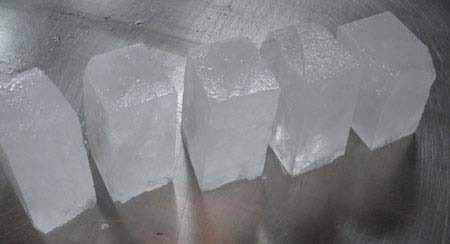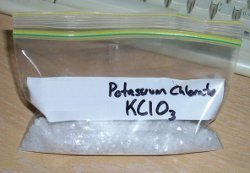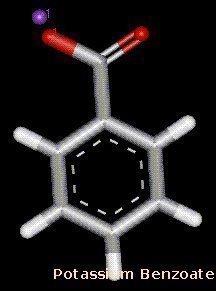Potassium alum is also known as potash alum, tawas, and alum (its common name). The specific compound is the hydrated potassium aluminum sulfate and it is commonly found in deodorant, aftershave treatments, fireproof textiles, baking powder, and used in leather tanning and water purification. It is soluble and liquefies when heated. Potassium alum is colorless in crystal form and is completely translucent when 100% pure, making it popular amongst those who collect minerals in the wild.
Potassium Alum’s Characteristics
Potassium alum is very soluble in water and becomes a porous, friable mass when heated. It is referred to as “burnt alum” when in a burnt state. When it is in liquid form, adding a significant amount of sodium carbonate to it separates alumina, thereby creating neutral alum. When potassium alum crystallizes, the crystals take on the shape of a regular octahedron with flattened corners. The substance occurs naturally in rocks that are located in areas where sulfide materials and potassium-bearing minerals are exposed to the weather. Potassium alum has been extracted from alunite, which is found in volcanic sediments that contain sulfur. The substance can be found in large amounts in Tennessee, Arizona, Vesuvius, Italy, Cebu, Philippines, and Queensland, Australia.
What are Potassium Alum’s Uses?
Since potassium alum is an antiseptic, styptic, and stringent, it is often used as a natural deodorant due to its ability to inhibit the growth of odor causing bacteria. Its styptic properties make it a popular ingredient in aftershave products, as it reduces bleeding that results from minor shaving cuts. Potassium alum (ming fan) is also used in traditional Chinese medicine as a topical application. The substance was used as a hardener in traditional photographic emulsions. It is no longer used in this way.
Is Potassium Alum Safe?
Potassium alum that is produced synthetically is considered a weak skin irritant. It also poses a minor health hazard if ingested or comes in contact with the eyes. If the substance comes in contact with one’s eyes, they should be flushed with water for 15 minutes and medical attention should be sought to ensure that there are no further complications from said exposure. If it is ingested, medical attention should be sought immediately.




Follow Us!